The panel on Telling Jewish Stories in YA fiction, moderated by Michal Schick and featuring Sacha Lamb (When The Angels Left The Old Country), Andrea Max (The Art of Exile), A. R. Vishny (Night Owls), and Lev Rosen (King’s Legacy), discussed a variety of subjects revolving around Jewish stories in YA fiction.
 Left to right: Michal Schick, Sacha Lamb, Andrea Max, A.R. Vishny, Lev Rosen
Left to right: Michal Schick, Sacha Lamb, Andrea Max, A.R. Vishny, Lev RosenTo introduce themselves, the panelists shared the earliest Jewish fiction they remembered reading as children. Lamb cited the Dear America series and its book about the Triangle Shirtwaist Factory fire, which inspired them to pursue a Master’s degree in History and motivated them to write historical fiction centering on queerness (and fairytale elements). Max mentioned All-of-a-Kind Family, Number the Stars, and The Devil’s Arithmetic and said, “it never occurred to me that there was a lack of Jewish fiction” because it was just so completely absent from popular culture. She mentioned Jewish representation in more recent fantasy fiction by Cassandra Clare, Naomi Novik, and Leigh Bardugo as being influential. Vishny mentioned a Jewish short story anthology and the essay “Why there is no Jewish Narnia” about the structurally Christian elements of the fantasy canon and how to create more Jewish-centered fantasy. Rosen mentioned he did not read much Jewish fiction as a kid until he read The Amazing Adventures of Kavalier and Clay in college.
In response to the question “What makes a story Jewish?” the panelists acknowledged the subjectivity of such a categorization, as well as the necessity of creating a definition for the purposes of Jewish literary awards. Max mentioned that her book didn’t start out as Jewish but was shaped by her experiences as a Jewish woman. Vishny, who served as a judge for a Jewish literary award, said the benchmark was Jewish content on the page that, if removed, would change the story. Rosen said it should feel Jewish enough for everyone to agree it’s Jewish.
On the subject of Jewish inspired fantasy, Vishny added that she would like to see “Aslan chowing down on an everything bagel” in Narnia, whether or not that made Narnia Jewish.
Lamb expresses that they’re drawn to YA fiction because they want to prioritize young readers and tell them that it is possible to be queer and Jewish. “I wanted it to be available for kids to read.” The struggle for what it means to be Jewish ties into the identity and self-discovery arc many YA protagonists share.
Vishny agreed and added that in fantasy, the magical elements can be used to literalize that struggle. Rosen, who writes both adult and YA fiction, said that he usually determines the demographic based on the age of his protagonist, but also that YA fiction is more interested in fighting back against the powers that be, and that characters deciding they can be whoever they want to be is empowering for teenage readers.
All four panelists’ books engage deeply with Jewish history. Lamb mentioned that they wanted to show that “Jews exist in a wholeness, like any other community” and that Holocaust narratives are not representative of all Jewish history, and that sometimes the problem is not antisemitism but other Jews. Max said “I wanted to reflect on a society defined by their exile,” and that while popular culture thinks of the Renaissance as a very Christian time in history, that is not the whole picture. Most people don’t know a lot about the Spanish Inquisition, for example.
“No one expects it,” shouted an audience member, causing the crowd to laugh.
Vishny mentioned that Jews construct their identity through history. Rosen mentioned that with queer history, queer people are seldom raised in it because most people have straight parents, but it’s possible to be raised with Jewish history.
The panelists discussed their opinions on Holocaust fiction and their recommendations of Holocaust fiction to read. Max recommended The Little Liar, Lamb offered the Jewish Book Award winner The Blood Years, and Vishny added a Holocaust nonfiction called The Light of Days that is both “excellent and different” and a graphic novel called The Girl Who Sang. They discussed constructing Jewish characters and fantasy worldbuilding. Vishny pointed out that the fantasy trope of a big power struggle between absolute good and evil is very Christian, and that Jewish secular culture is heavily rooted in language.
The conversation segued into the challenges of writing Jewish fiction for the traditional publishing market. Max mentioned she had a hard time deciding whether to market her novel as a Jewish book or not, as she worried her take on Jewish stereotypes might read as offensive. Lamb mentioned that publishing has a lot of Jewish gatekeepers, which also increases the pressure to not represent Jews badly.
When asked to recommend new or upcoming Jewish YA fiction, Vishny mentioned there is not a lot of Jewish YA coming out next year. Rosen recommended an upcoming adult release by Dahlia Adler (Soon by You), Max recommended The City Beautiful, Vishny recommended I Wish I Didn’t Have To Tell You This, a new graphic memoir by Eugene Yelchin, and Lamb recommended The Pomegranate Gate and its sequel Empire of Salt.
Stay tuned to The Beat for more coverage from NYCC ’25.



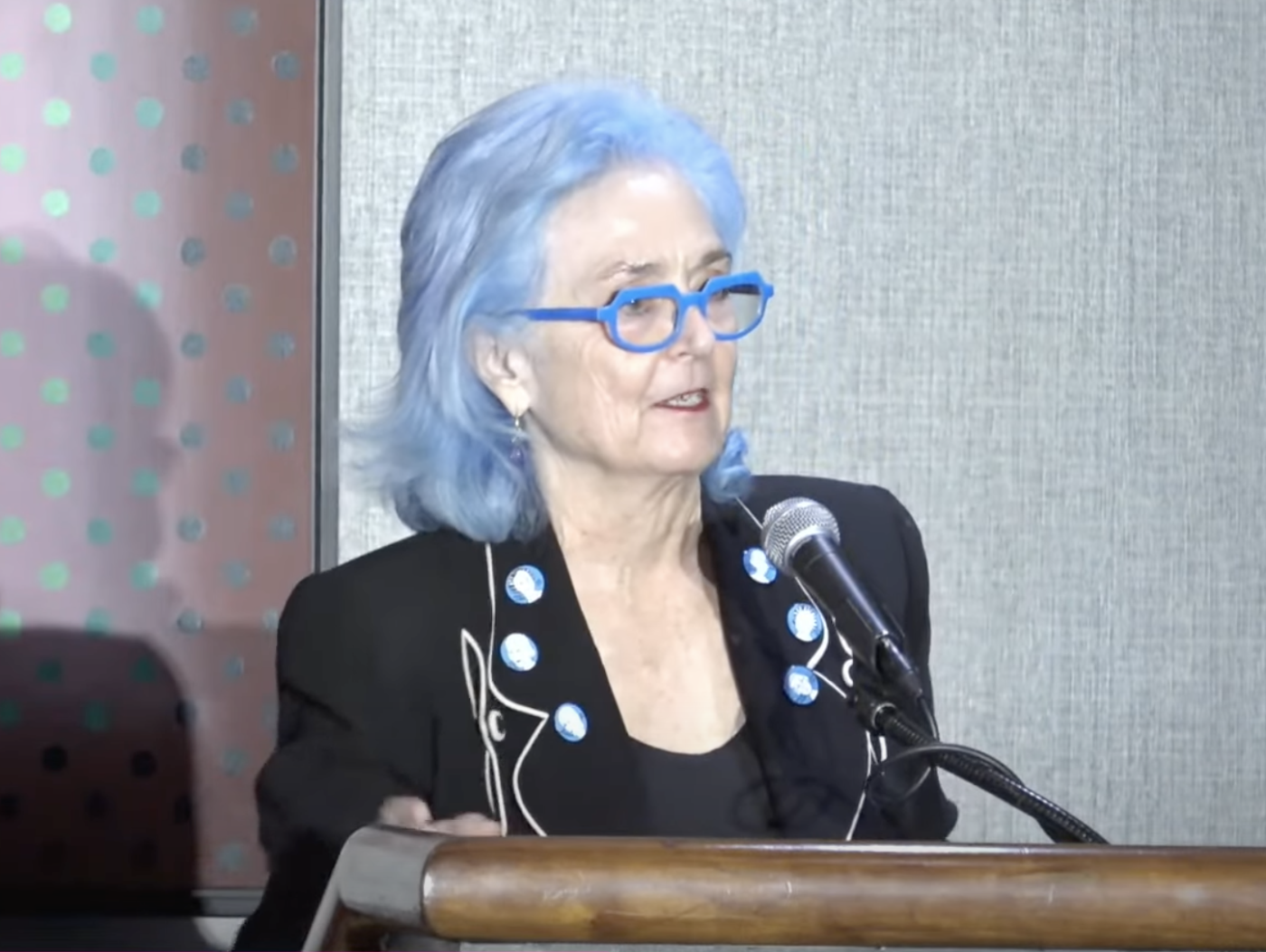
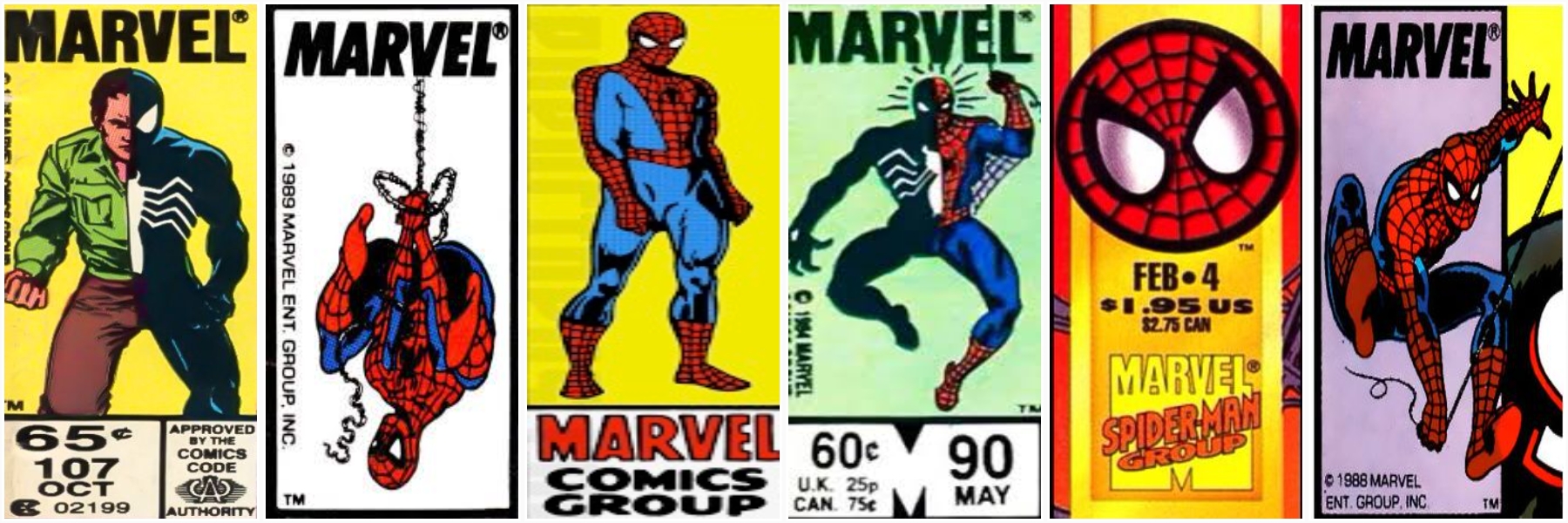





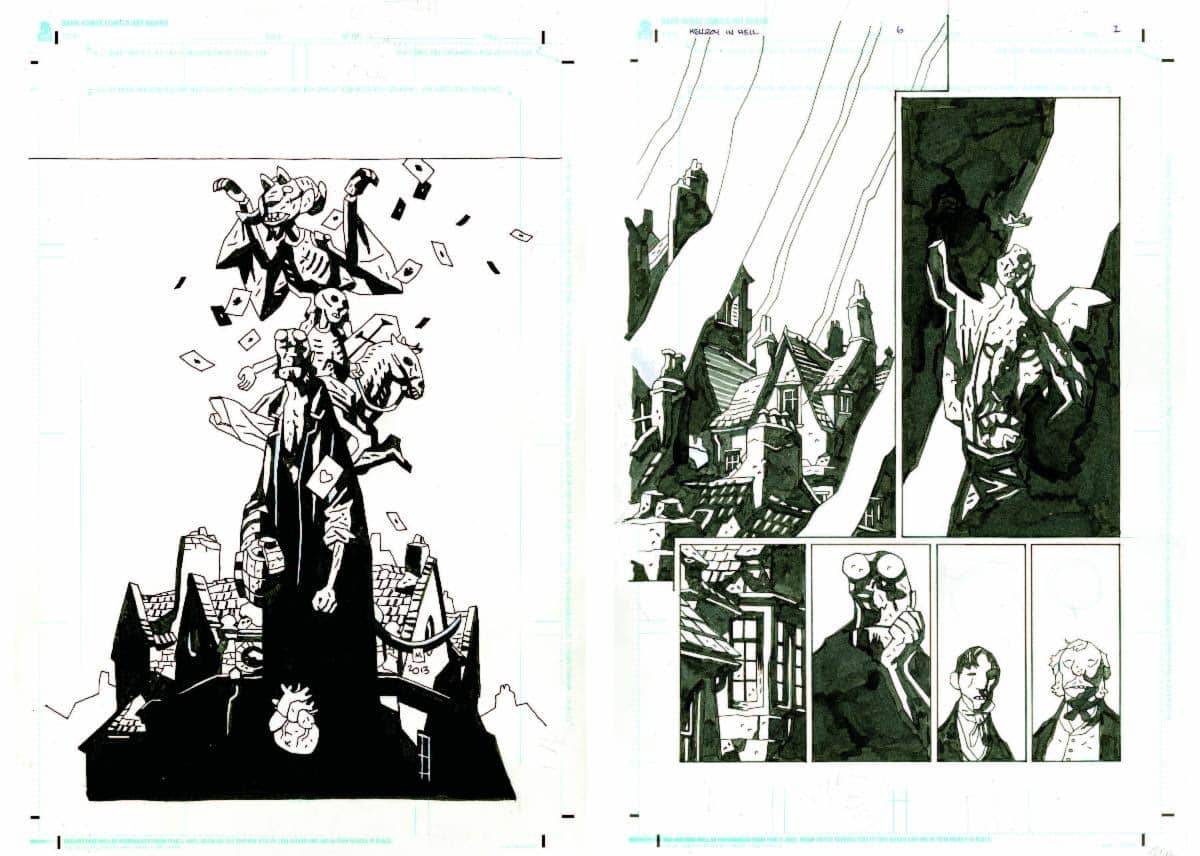


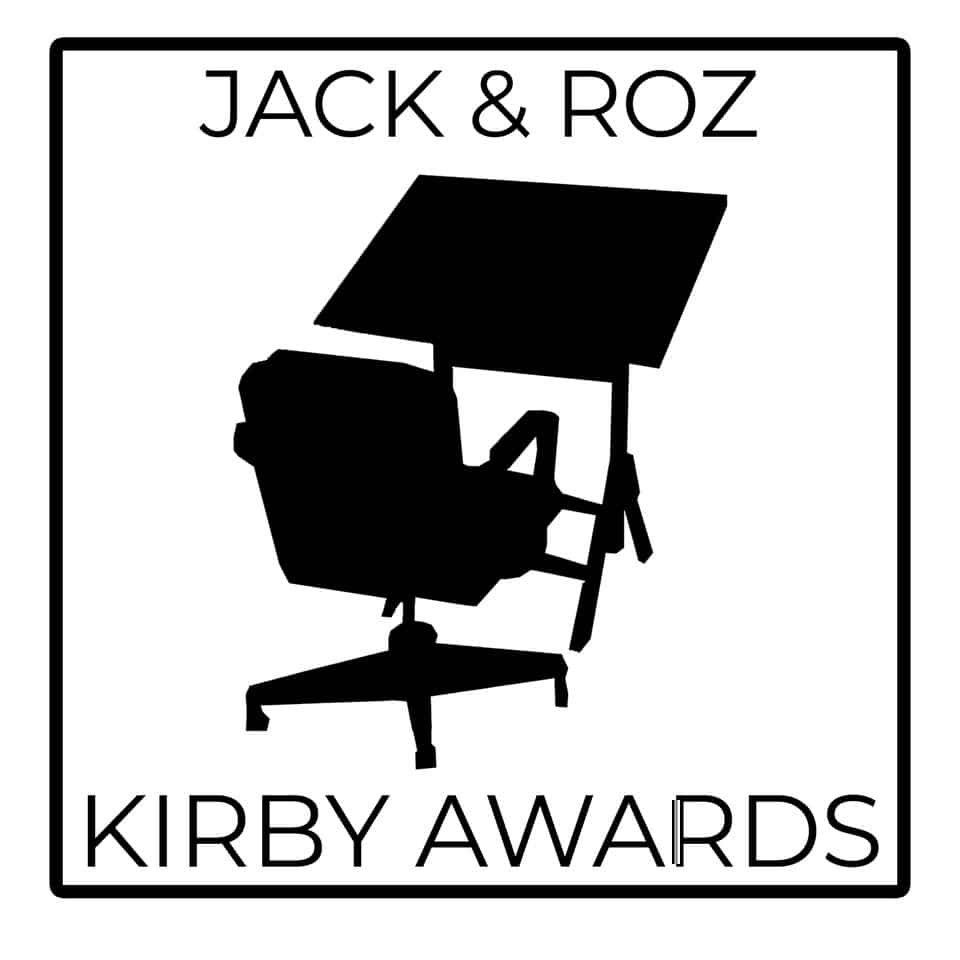

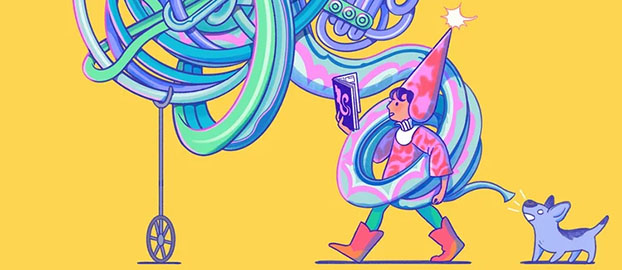
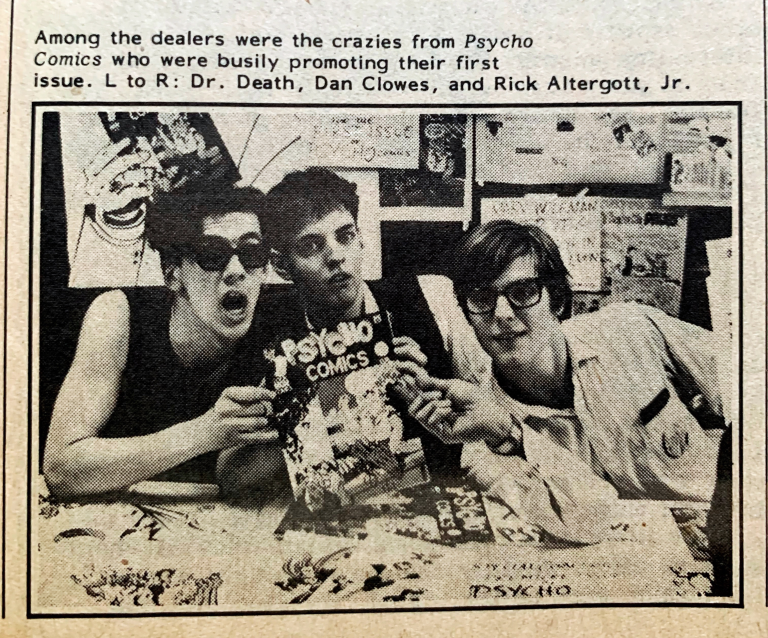

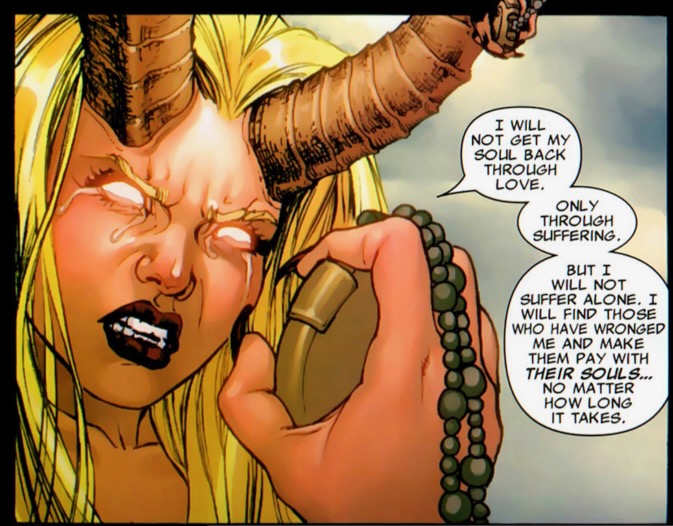


 English (US) ·
English (US) ·